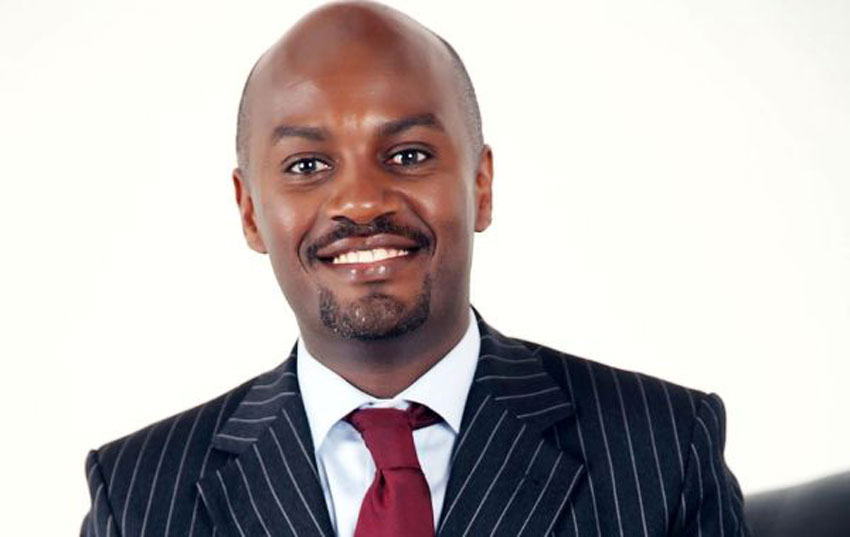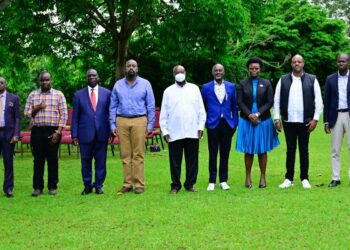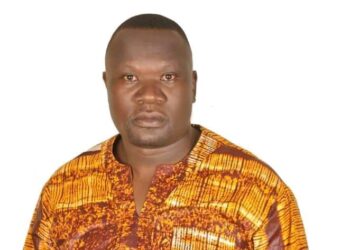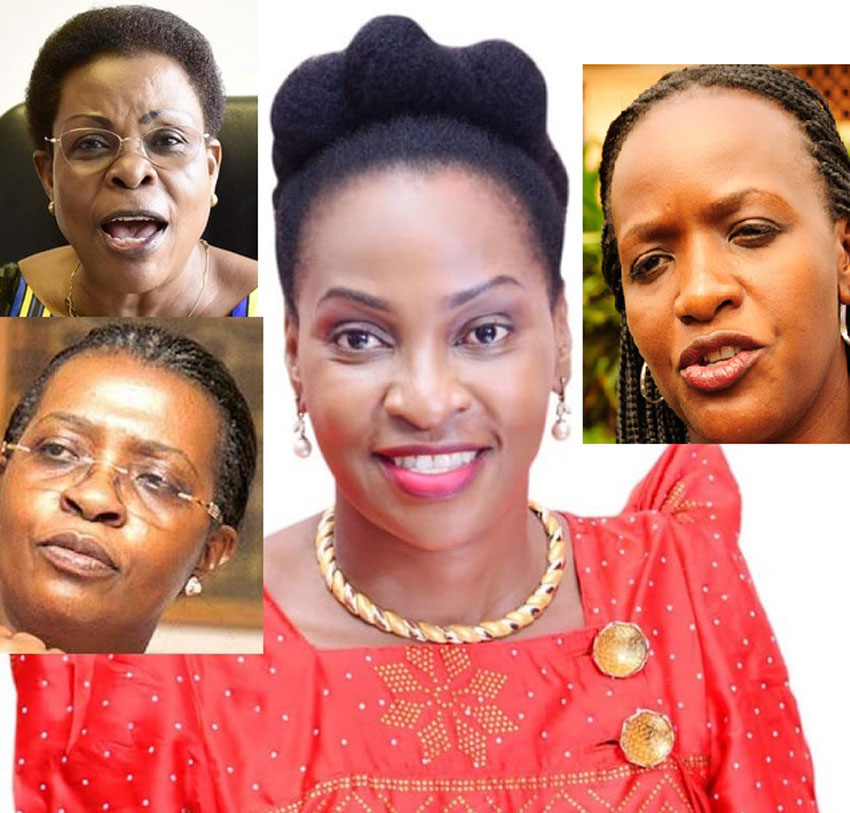It is seven months since Uganda locked down due to COVID. The lesson I have learnt from the lockdown is not related to health but economics. It concerns the method we use to measure poverty (indirectly, wellbeing).
Currently, the Uganda Bureau of Statistics (UBOS), like nearly all measurements of poverty elsewhere in the world, relies on income. COVID has taught us that income can sometimes be a misleading indicator of wellbeing.
To be accurate, UBOS believes that people are often unwilling to declare their income. So it uses people’s expenditure as a backdoor to understand their income i.e. the “mean consumption per capita.” This refers to a basket of goods and services someone needs to sustain a bearable lifestyle. UBOS believes people can be honest about how much they spend not how much they earn.
Now according to UBOS, the number of people living in poverty in Kampala District is only 2.6% and in the surrounding Wakiso District, 2.7%, making these two districts the richest (or the least poor). The districts with the largest percentage poor people are Kotido (73.4%) and Nabilatuk (73.1%). Ideally we should conclude from these poverty numbers that people from Kampala and Wakiso have the least precarious livelihoods in Uganda. Right?
However, during the COVID lockdown, government distributed relief food in Kampala and Wakiso, not Kotido and Nabilatuk. Why? Why were the districts with the least number of poor people the ones that got relief food during COVID lockdown? Or was this a sign that government was politically pandering to the most articulate section of our society in Kampala and Wakiso while neglecting of the most vulnerable in Kotido and Nabilatuk?
Governments everywhere tend to fear urban constituencies. This is because being educated; urbanized and articulate, they have a higher ability to organize politically. Cities are centers of political gravity; so urban constituencies can threaten the security of governments, even dictatorial ones. Thus in cases of emergency, governments would be much more responsive to urban than rural demands. We cannot therefore remove this political calculation from the analytical arithmetic that caused government to distribute food in Kampala and Wakiso, and not in Kotido and Nabilatuk.
Yet even with this insight, I think the main reason government provided relief food in Kampala and not Kotido has much more to do with the precariousness of livelihoods than political calculation. I am inclined to believe that the more urbanized a place the more precarious life would be for those at the bottom. This is because practically everything that sustains livelihoods of people in urban areas is secured through the intermediation of the market – they pay rent; buy food, water, energy for cooking, etc.
The lockdown threatened the livelihoods of urban than rural people. For instance, it stopped many of them from working, thereby losing their only source of livelihood – a salary or an income from trading. This meant they could not go to the market to buy the things they need to sustain life. Meanwhile the guys in rural areas live in their own homes, eat from their own gardens, fetch water from their well and collect firewood from the nearby forest or bush.
Thus, even though their incomes may be higher than those of the people in Kotido, people in Kampala live from paycheck to paycheck. For many (taxi drivers, conductors and touts, hawkers and vendors, bar tenders, waiters and waitresses, prostitutes, luggage carriers etc.), it takes only one week of not earning for them to become destitute, homeless and without food. In terms of livelihood security, the fairly better off people in Kampala with higher incomes are much more vulnerable to shocks than the poorer ones in Kotido.
This is where measurement of wellbeing using income becomes misleading. One other measure we can use is wealth. A guy in Kotido may live in a grass thatched hut, but he owns his hut, owns cows, goats and chicken, owns land i.e. commands some wealth. The guy in Kampala who lives a seemingly better lifestyle may own almost no assets at all. In fact his net worth may be negative because he took a loan from a bank to finance his lifestyle. So repayments of the loan take a big chuck of his income at the end of every month.
UBOS’s mean consumption per capita studies the “flow” of income (indirectly using expenditure) at a specific moment in time. A study of wealth deals with the stock of assets a household has accumulated (or inherited) over time. If you do the household survey on poverty during a draught, as happened in 2016, you are likely find many people’s expenditure has significantly declined i.e. they have fallen into poverty. But this would really be misleading because this is a short-term shock that does not reflect their overall quality of life over a period of time.
However, if you do a study wealth i.e. the stock of assets that a household possesses, it does not fluctuate the way their incomes do – based on short-term shocks such as the vagaries of weather. Therefore if the household has a motorcycle or bicycle, own land, have a house built out of permanent materials, own a television, a sofa set, a smart phone, solar power, good beds, blankets and mattresses, descent clothing, etc. – assets they have accumulated over time and which actually measure his actual wellbeing – you will realize that they will not have fallen into poverty.
This realization came to me while I jogged through my village of Kanyandahi. As the seemingly better off people in Kampala were complaining of lack of food during the lockdown, people in my village were less bothered. Yes they complained that prices of their food crops had dramatically declined and they were therefore earning much less. But they were not desperate and did not need external relief. This was a short-term economic shock to their money income but which did not fundamentally affect their lifestyle.
Back in Kampala, even people with a seemingly good middle class background were desperate. With their salaries frozen or cut into a half, bank loans chocking their necks, they found it difficult to survive. Some even sought to return to their villages for livelihood security. One may ask why people still choose to migrate to Kampala. That is a debate for another day. For now, I hope public officials who study poverty and wellbeing take this lesson seriously.
Do you have a story in your community or an opinion to share with us: Email us at editorial@watchdoguganda.com














